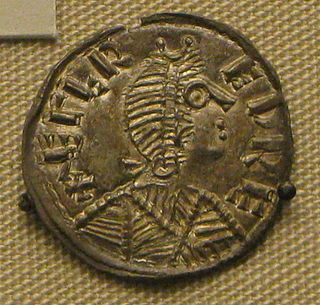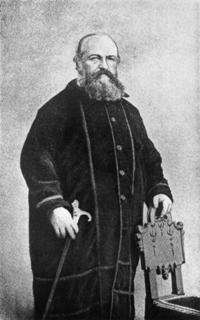A Quote by Aeschylus
Only when a man's life comes to its end in prosperity dare we pronounce him happy.
Related Quotes
For in prosperity a man is often puffed up with pride, whereas tribulations chasten and humble him through suffering and sorrow. In the midst of prosperity the mind is elated, and in prosperity a man forgets himself; in hardship he is forced to reflect on himself, even though he be unwilling. In prosperity a man often destroys the good he has done; amidst difficulties he often repairs what he long since did in the way of wickedness.
A man never is happy, but spends his whole life in striving after something which he thinks will make him so; he seldom attains his goal, and when he does, it is only to be disappointed; he is mostly shipwrecked in the end, and comes into harbor with mast and rigging gone. And then, it is all one whether he has been happy or miserable; for his life was never anything more than a present moment always vanishing; and now it is over.
The benevolent have the advantage of the envious, even in this present life; for the envious man is tormented not only by all the ill that befalls himself, but by all the good that happens to another; whereas the benevolent man is the better prepared to bear his own calamities unruffled, from the complacency and serenity he has secured from contemplating the prosperity of all around him.
Only to two or three persons in all the world are the reminiscences of a man's early youth interesting: to the parent who nursed him; to the fond wife or child mayhap afterwards who loves him; to himself always and supremely--whatever may be his actual prosperity or ill fortune, his present age, illness, difficulties, renown, or disappointments--the dawn of his life still shines brightly for him, the early griefs and delights and attachments remain with him ever faithful and dear.
We should not value education as a means to prosperity, but prosperity as a means to education. Only then will our priorities be right. For education, unlike prosperity is an end in itself. .. power and influence come through the acquisition of useless knowledge. . . irrelevant subjects bring understanding of the human condition, by forcing the student to stand back from it.





































